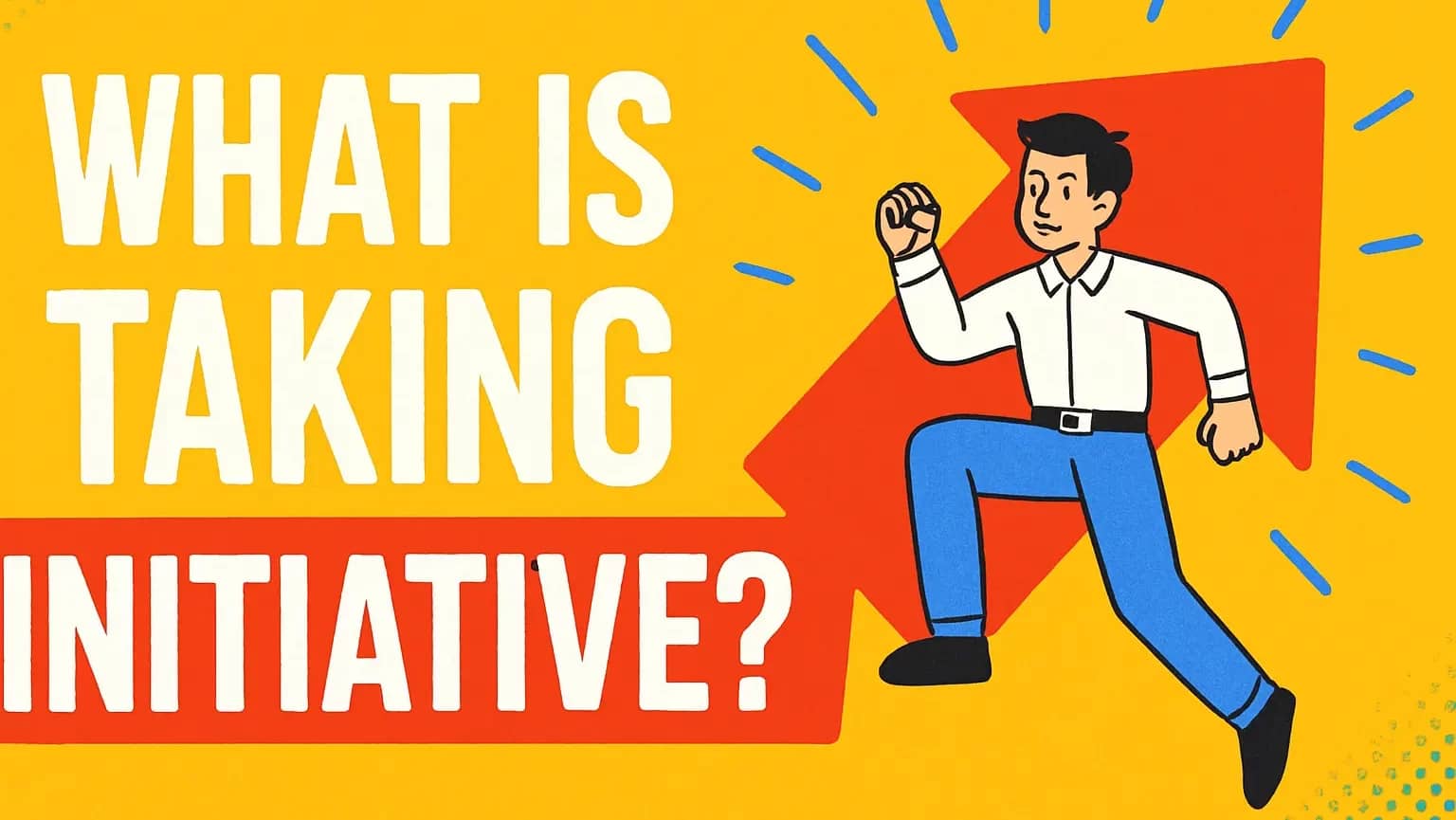You and I have one thing in common: the amount of time we have is the same. Even though we have 24 hours, why do we feel like time is speeding up? Why are there times when we feel time slowing down? Even with time management skills, we can still find time moving unpredictably.
The cause of these sensations is how our brain changes as we mature. It can also be due to the responsibilities we take on as we get older, which demands more of our time.

When we were young, time moved slower because we had fewer responsibilities. We played hide and seek with friends, watched cartoons, and didn’t worry about bills. Now that we’re much older, the amount of responsibilities is incomparable. From work to bills, then finally kids, our time as adults is worth much more.
With just 24 hours, how do we find more time when we have so much to do? The secret is time management, which is an attractive and valuable soft skill to master.

Perfecting the art of time management is crucial to our success and well-being because of the responsibilities deserving our attention. Time management allows you to wring and stretch as much time out of our 24-hour day as possible. You could address daily tasks while making time to pursue a passion on the same day.
In this article, we’ll discuss the best tips to perfect your time management skills.
1. Eliminate worthless habits
If this comes as a shock, chances are you’re wasting your time on things that don’t even matter. Scrolling through TikTok in bed or spending time with friends that drag you down are examples of time-consuming habits.

By eliminating worthless habits, you reallocate stolen time for work and self-development. The ultimate key to mastering time management is knowing where you invest your time and determining whether it results in a positive or negative outcome.
For more info on habits you should eliminate, read here.
2. Set a timer
Setting a timer will keep you accountable and serves as a great way to indicate when we should stop. Additionally, it prevents us from working too much or working too little.

Working too much signifies poor time management because you have less time to address other needs. On the other hand, working too little would be ineffective, as you’ll be producing little work output. With proper time management skills, you could complete more work while preventing yourself from running out of time.
3. Know what you need to do
What happens when you don’t know what to do? You confuse yourself and spend time thinking about what you should do. You start weighing the pros and cons of one task over another to determine your next step. We can make time more cost-effective and straightforward for ourselves by planning.

Having a plan is the key to time management because it prevents you from wasting time scrambling to find the most optimal thing to do. Prepare yourself beforehand and save time by creating a schedule with timeslots of everything you plan on doing.
4. Be careful who/what gets your attention
Your time and attention are worth more than anything in this world. There are 24 hours daily, but we spend 8 of those hours sleeping. We spend another 8 hours working or studying in school. We also spend roughly 2 hours eating, showering, and getting ready. As a result, what we do with the remaining 6 hours makes a tremendous difference.
We all have different physical, financial, spiritual, and mental goals, but how will we find time to grow in these fields when we waste it on meaningless things?
That one friend inviting you to smoke and drink for the third time or an Instagram notification telling you Kim Kardashian just posted are meaningless areas we discard our attention. When you draw your attention to these things, you waste valuable time. We then put ourselves in a position where we lack time to do what matters.
5. Eliminate distractions
As mentioned, where we designate our attention indicates whether our time use is effective or ineffective. If we’re constantly getting distracted, we waste time addressing these distractions rather than work.

From the urge to check our phones every 5 minutes to people walking by, anything can become a distraction. We should recognize potential distractions beforehand to prevent them from interfering with our focus.
By eliminating distractions in the workspace, we set ourselves up for success by creating a distraction-free zone that won’t interfere with our focus. It’s a key ingredient to time management because we could work more efficiently, thus minimizing time wasted.
6. Get into a flow state
Entering a flow state occurs when we immerse ourselves in an activity so much that we lose track of time.
Not only is flow beneficial to your mental health, but it’ll help you maximize as much productivity in a short amount of time as possible. Getting into a flow state promotes effective time management because you set aside specific time to work distraction-free.

You prevent yourself from wasting time on distractions, which will boost work output while placing blocks of time in its appropriate location.
Want to know how to get into a flow state? Click the link here.

7. Avoid procrastination
We’re all guilty of procrastination at some point, but if we make it a consistent habit, poor time management becomes evident. The more we push a task further back, the more time we waste complaining and making excuses.


